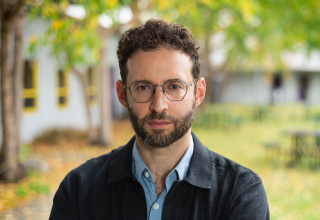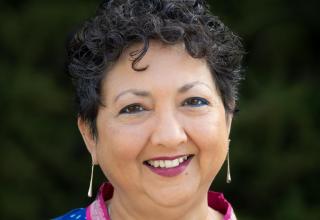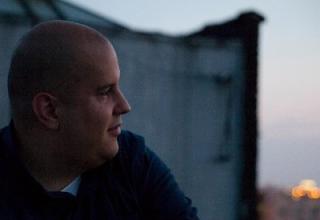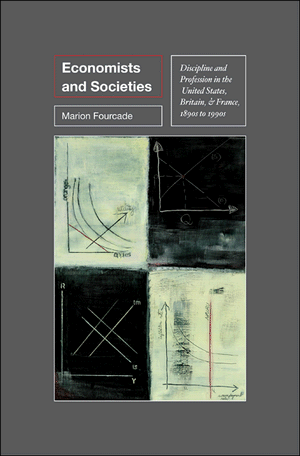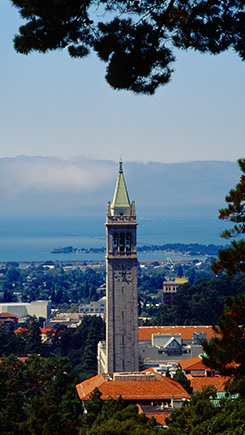
Berkeley’s Sociology Department is known around the world for its excellence in research and teaching. Our faculty advance cutting edge research and teach in most sociological specialities. Our PhDs are leaders in universities and research centers across the US and in many other countries. And our BAs populate the ranks of innumerable professions, bringing with them the skills and special perspective of Berkeley sociology.
We are proud to make these contributions from the world’s leading public university. At Berkeley, we combine intellectual rigor with a commitment to public service through our research, teaching, and service on campus and beyond.
For the past six decades, Berkeley’s Sociology Department has consistently been ranked among the world’s top sociology departments. Our graduate program is ranked #1 in the latest U.S. News and World Report, and our undergrad degree is currently the best in the US according to College Factual and features on Grad Reports’ Best College List 2020.
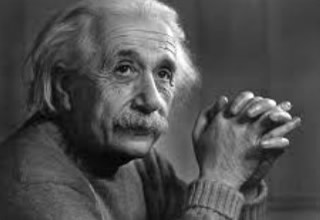
Prof. Einstein served graduate students as a model of prudence in remaining unfashionably true to the grand…
Economists and Societies: Discipline and Profession in the United States, Britain and France, 1890s to 1990s
Economists and Societies is the first book to systematically compare the profession of economics in the United States, Britain, and France, and to explain why economics, far from being a uniform science, differs in important ways among these three countries. Drawing on in-depth interviews with economists, institutional analysis, and a wealth of scholarly evidence, Marion Fourcade traces the history of economics in each country from the late nineteenth century to the present, demonstrating how each political, cultural, and institutional context gave ...
Departmental Colloquium Series
Jaeeun Kim, "Repertoires of Redemption: Migration, Asylum, and Religion in the Era of Involuntary Immobility"
Monday, April 22nd, 2024 at 2:00 pm - 3:30 pm
Blumer Room - 402 Social Sciences Building & Via Zoom
Abstract:
When the Trump Administration made Christian refugees an exception to its so-called “Muslim Ban,” pundits wondered if this policy would require the government to assess who are real Christians. This kind of quandary is not new. The controversies over the Christian conversion of Muslim migrants from Iran, Afghanistan, or Syria have generated a similar debate in Europe. These controversies pose a set of intriguing questions. Does the state have the right or capacity to establish an individual’s religious identity? What types of actors are involved in refugee-making and with what motives? What kinds of practical challenges, legal intricacies, and moral dilemmas do they face, and how do they make sense of and respond to these? The lecture explores these questions by drawing on long-term, transnational, multi-sited ethnographic research on the migration trajectories, legalization strategies, and religious conversion careers of ethnic Korean migrants from China to the United States, focusing especially on those who apply for refugee status as Christians. It examines how migration governance, transnational religion, and politics of human rights and humanitarianism are navigated and negotiated on the ground with their full complexity and contradictions.
